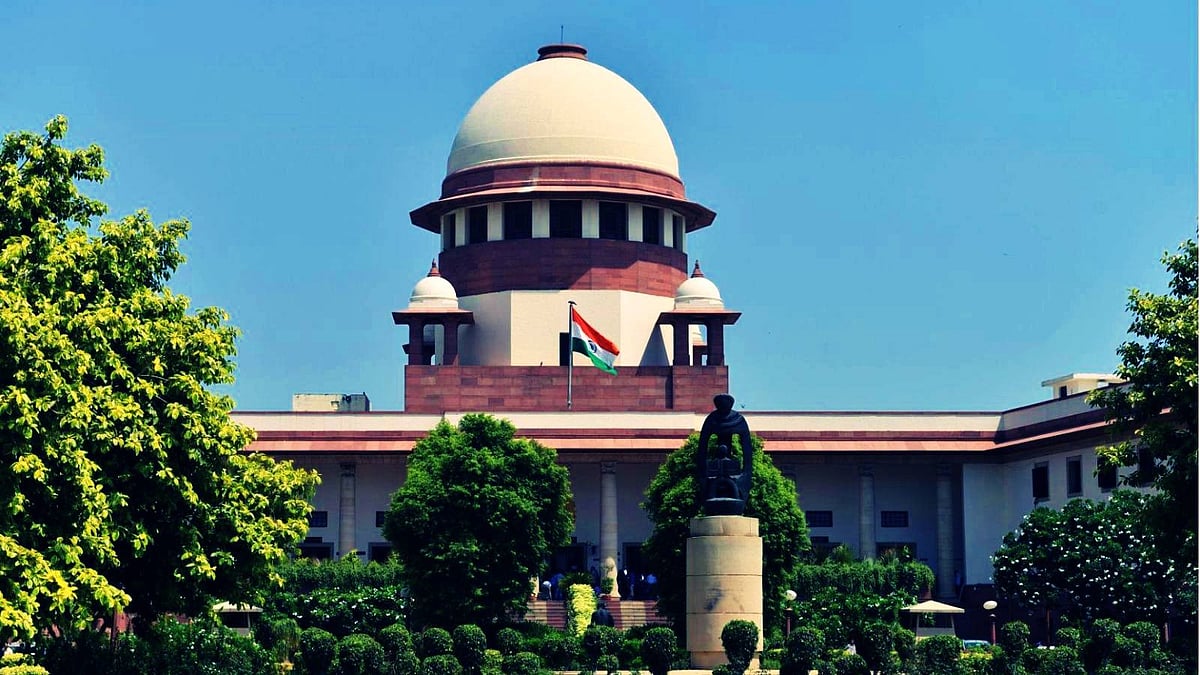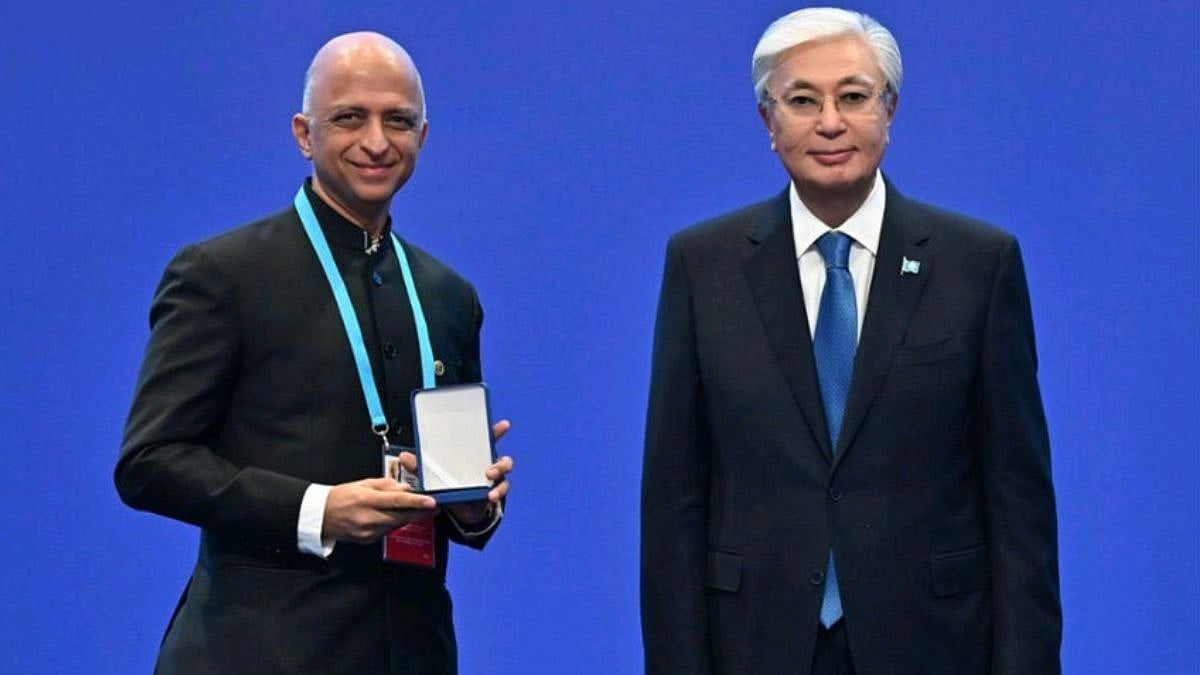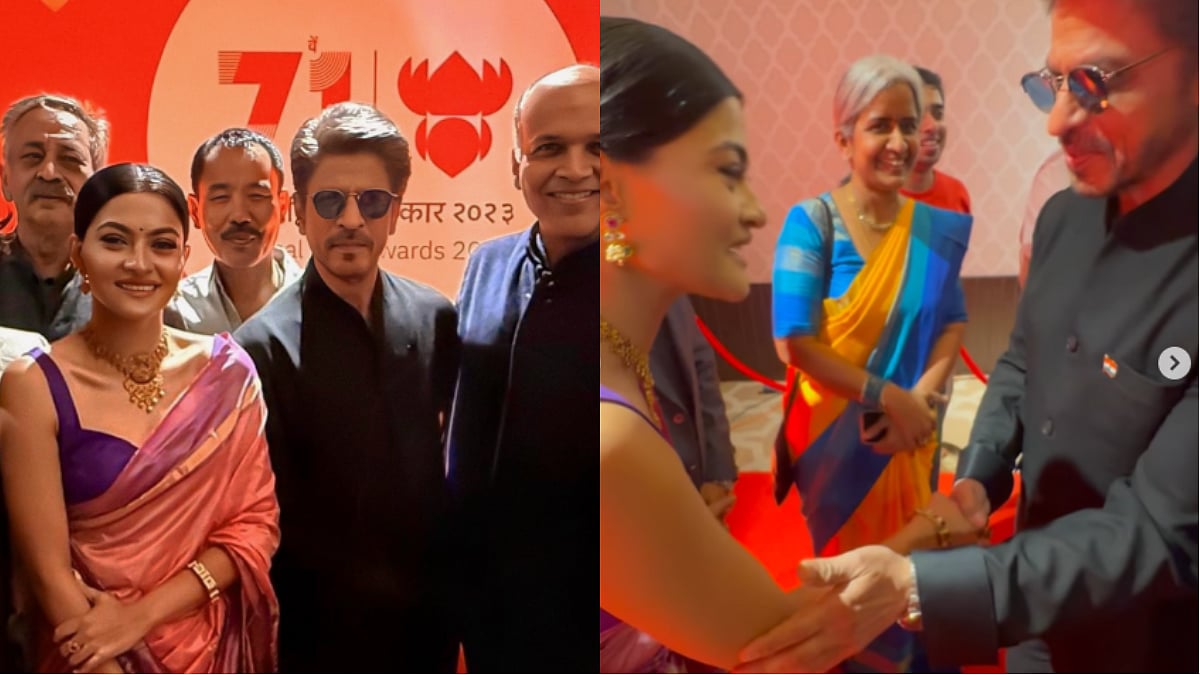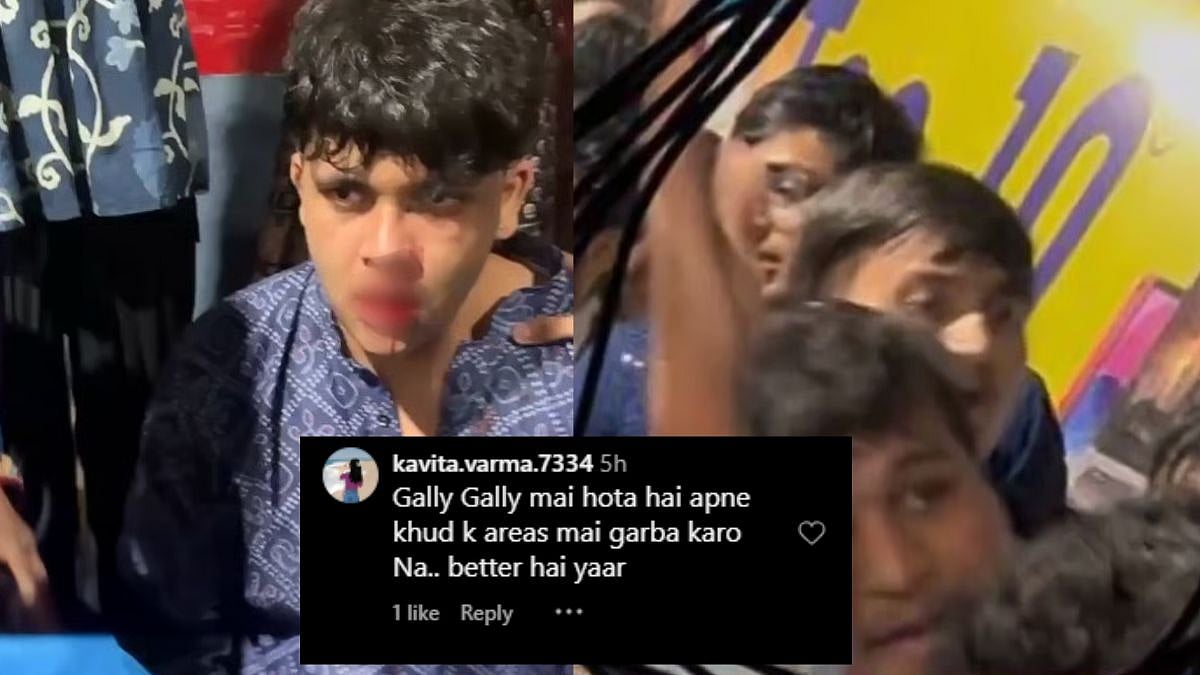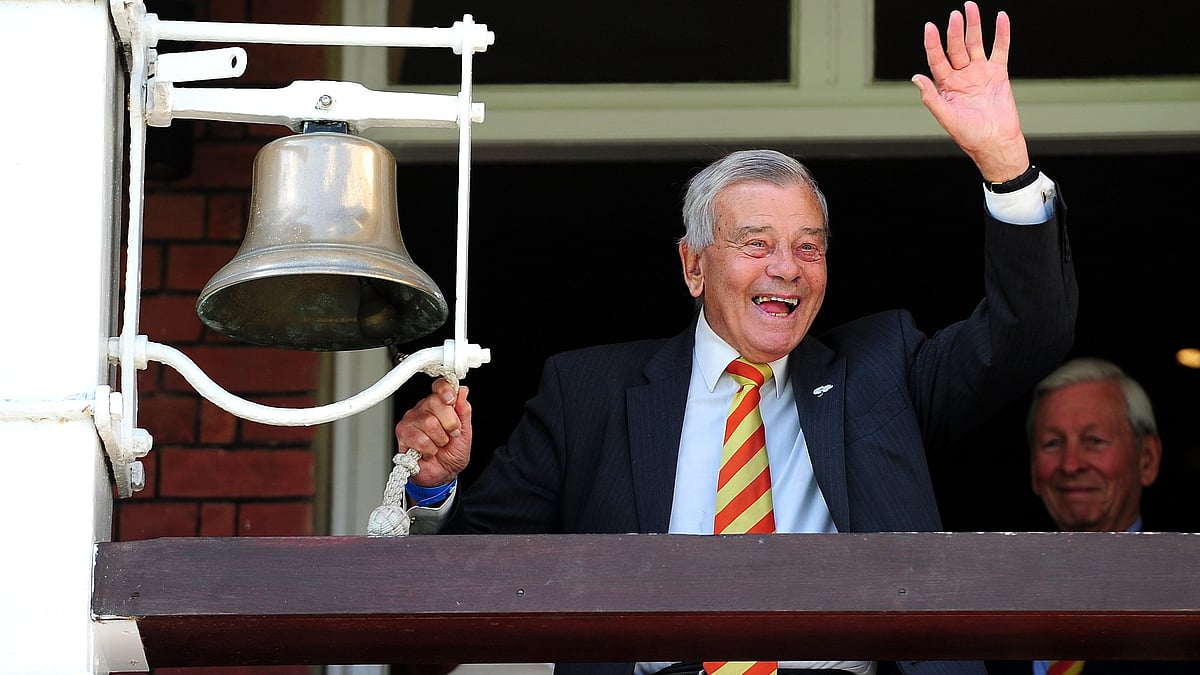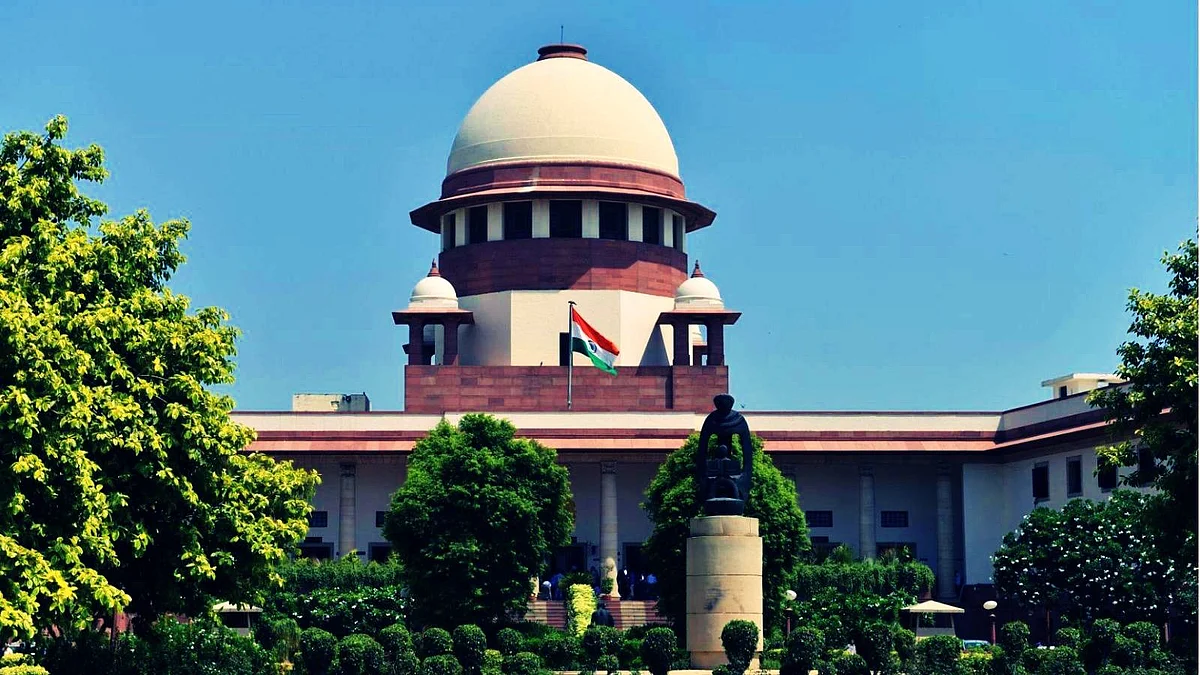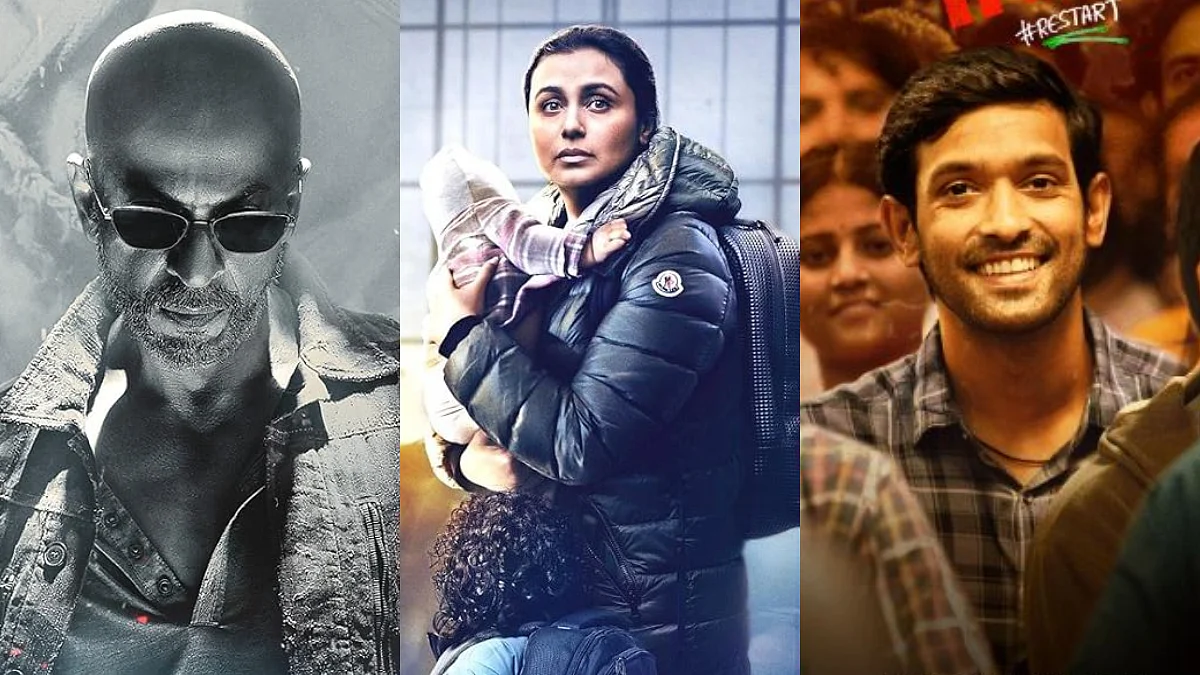The Supreme Court ordered a few days ago that the process of civic polls for local self-government bodies in the state of Maharashtra should be completed by January 31, 2026. These polls were due over three years ago but got delayed due to various disputes and litigations that followed on the issue of reservation for contestants belonging to certain castes in various constituencies of municipal corporations and district councils, also known as Zilla Parishads.
The apex court has now cleared the path of the civic polls, and this has come at a point when, according to most observers, Maharashtra seems socially and psychologically divided along caste and communal lines like never before! Extreme polarisation among various caste- and religion-based groups can be witnessed on the ground, and what is extremely evident is that, ahead of the big poll season in the state, political leaders were seen making sharp and extreme comments, eliciting reactions from the masses who were seen coming out on the street to protest in parts of western Maharashtra and other regions.
Two things that made headlines in the regional media in Maharashtra the whole last week were, firstly, the obvious caste-based polarisation and, secondly, the objectionable or controversial language used by certain leaders of the ruling coalition in public rallies. At the centre was the war of words between the leader of Maratha agitation for reservation, Manoj Jarange Patil, and the OBC leader, Laxman Hake.
Both the leaders were seen verbally attacking each other over the issue of the demand by Marathas for reservation in education and government jobs. This resulted in the followers of both these leaders coming out on the streets to protest against each other. In various towns of the Marathwada region and Western Maharashtra, groups of people blocked roads, disrupted traffic and business activities and caused general disturbance.
In the past decade or so, Maharashtra has seen some religious polarisation happening over certain issues. The ruling party drove a certain agenda through some outfits, which were seemingly non-political, and the Opposition reacted to it. But in the past few months, there is a clear indication that the Opposition has been pushing the caste reservation agenda and creating caste polarisation to counter the ruling party's religious polarisation strategy. The Leader of the Opposition in Lok Sabha, Rahul Gandhi's demand for a caste-based census in the country is seen by many in Maharashtra as an attempt to counter the BJP's strategy of religious polarisation.
It will be interesting to see how caste polarisation will impact the civic polls. Caste polarisation seems to be mainly driven by the issue of the demand for reservation in education and jobs. Leaders of the Maratha community have been arguing in the media that despite coming from very poor backgrounds, the youngsters from the Maratha community have not been getting government jobs because only the youth from the Other Backward Classes, or the OBCs, enjoy the reservation benefits.
They claim that those scoring lower in entrance examinations are getting admissions to professional courses in government-run medical or engineering colleges, and those from the Maratha community have been deprived of these benefits. This campaign has made a major impact, as was seen in the recent agitation held by the Marathas in south Mumbai.
The whole caste polarisation issue is likely to make political leaders get influenced when they sit to draw the strategy for the upcoming civic polls in Maharashtra. Over 20 municipal corporations in cities including Mumbai, Thane, Pune, Navi Mumbai, Nagpur, Nashik and Kolhapur will be going to polls, while 33 out of 36 districts in the state will also be going to polls for the zilla parishad and district council elections.
Considering the current social and political situations, the selection of candidates by various parties is likely to happen mainly on the basis of caste now. Maharashtra has, perhaps, never seen such extreme caste-based polarisation as it does now.
Many parts of Maharashtra are currently witnessing very extreme weather. Excess rain and heavy monsoon have wreaked havoc in many districts of the Marathwada region in the state, causing extensive damage to farmers. Unfortunately, the political discourse seems to be focused mainly on the caste reservation issue!
Rohit Chandavarkar is a senior journalist who has worked for 31 years with various leading newspaper brands and television channels in Mumbai and Pune.
